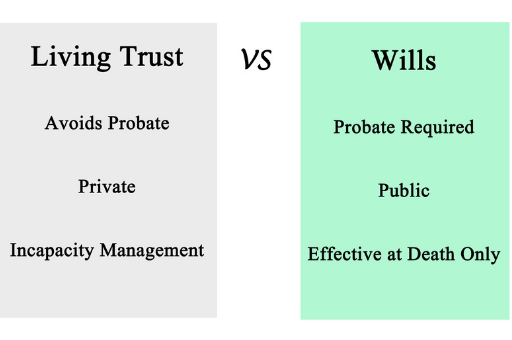
Trust vs. Will
Trust vs. Will Updated: December 22, 2022 Both trusts and testamentary wills (Last Will and Testament) are estate planning techniques which can be used alone or together to pass on your assets to your beneficiaries. To determine whether a trust is preferable to a will for passing along your estate it is helpful to be […]







